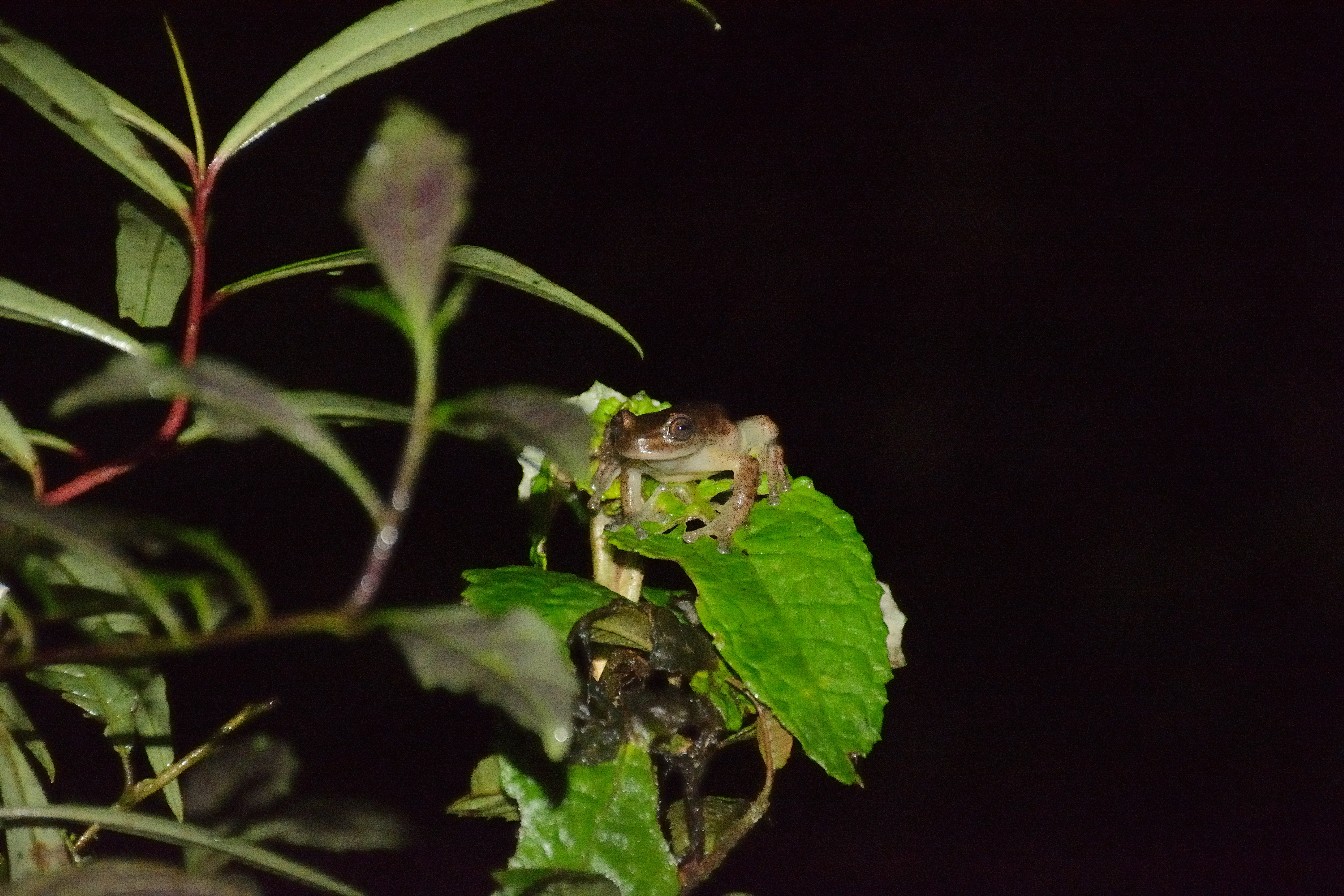Anfibios de Santa María (Boyacá, Colombia)
In an effort consistent with the unavoidable need to link all sectors of society, as protagonists in the preservation of our biological wealth, we present the second edition of the mammals chapter of the Guía de campo de los mamíferos, anfibios y reptiles de Santa María (Boyacá); in which we hope to contribute to the standardization of studies of small mammals, aimed at answering questions regarding species richness, abundance of individuals within species and their diversity; as well as to establish the composition, structure and function of this faunal group, among other studies.

